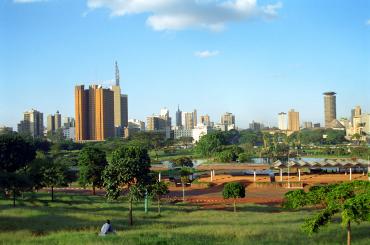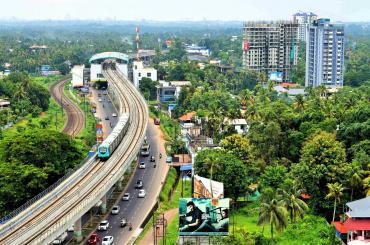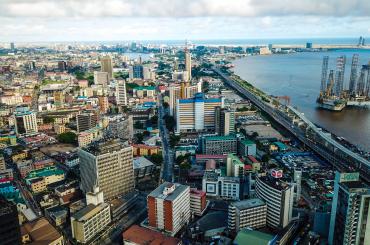
Macroeconomics & Growth
-

How can countries develop their economies in a changed world?
The global environment for development has changed, so development policies should change too. This podcast looks back at predictions from 2018, and discusses what the current geopolitical situation means for future growth policy.
-

Rethinking evidence and refocusing on growth in development economics
What is the problem with relying exclusively on rigorous evidence? Is economic growth essential for human well-being?
-

How does internet connectivity impact developing economies?
The internet’s impact on developing countries has been profound, though uneven. Policy will play a crucial role in ensuring that the gains from connectivity are widely shared, and governments must invest in infrastructure and promote digital literacy.
-

Three smart ways to unlock progress on the big issues in development in 2025
Members of the 'Network of Chief Economists of Development Agencies and Finance Institutes' explore how we can unlock progress on the big issues for global development in 2025.
-

Do cash transfers cause inflation?
Evidence from cash transfers at scale in Kenya suggests that demand-side policies or stimulus may be very effective at raising output without creating inflationary pressure when there is a lot of ‘slack’ in the economy.
-

How low demand constrains productivity and economic development
Evidence from Kenya shows that small firms have a lot of ‘slack’, i.e. they could produce substantially more output without having to hire additional workers, buy additional machines, or raise prices, simply by reducing their idle time. Why is slack ...
-

Place-based policy in India: How Special Economic Zones promoted structural change and women's employment
Little is known about the contribution of place-based policies in promoting economic development in emerging and developing countries. Through what channels do these policies, such as Special Economic Zones in India, promote development, if at all? D...
-

Navigating macroeconomic shocks and post-Covid recovery in sub-Saharan Africa
Despite the relatively well-implemented and coordinated macroeconomic policy in sub-Saharan Africa, governments still face debt overhangs, adverse human capital effects due to lost years of learning, and revenue mobilisation challenges.
-

How meritocracy varies across the world
Income differences between high- and low-income countries reflect differences in technology adoption and skill endowments. Ensuring the right worker finds the right job - improving worker-job matching – can play an important role in realising the gains of technology and endowment upgrading.